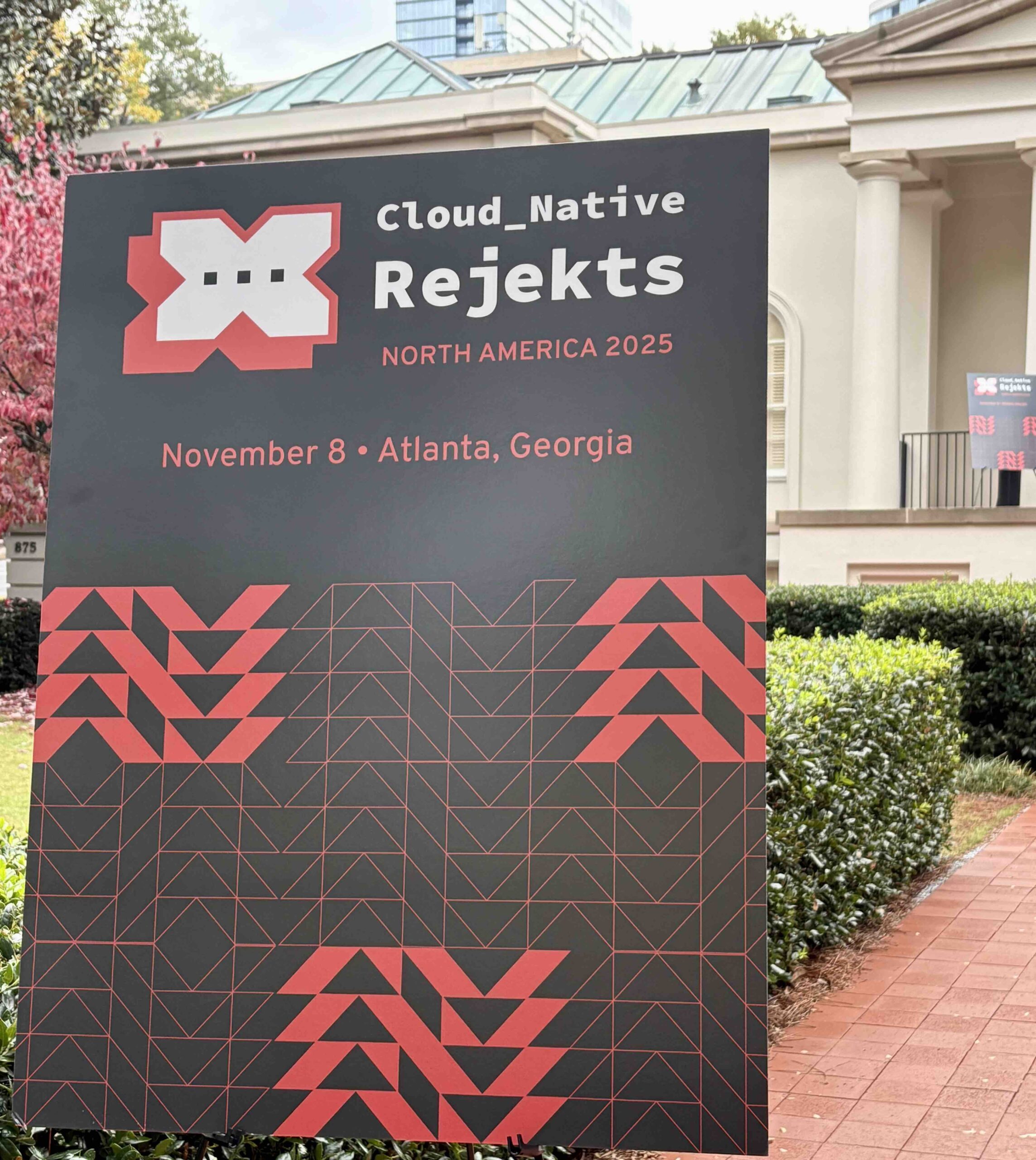Hi,
In this article, I would like to share with you, how you can enable ephemeral os disk with your AKS cluster. This feature is still in public preview. Please don’t use use this feature with your production cluster.
By default, the operating system disk for an Azure virtual machine is automatically replicated to Azure storage to avoid data loss should the VM need to be relocated to another host. However, since containers aren’t designed to have local state persisted, this behavior offers limited value while providing some drawbacks, including slower node provisioning and higher read/write latency.
az feature register --name EnableEphemeralOSDiskPreview --namespace Microsoft.ContainerService
az feature list -o table --query "[?contains(name, 'Microsoft.ContainerService/EnableEphemeralOSDiskPreview')].{Name:name,State:properties.state}"
az provider register --namespace Microsoft.ContainerService
az extension add --name aks-preview
az extension update --name aks-preview
Configure the cluster to use Ephemeral OS disks when the cluster is created. Use the --aks-custom-headers flag to set Ephemeral OS as the OS disk type for the new cluster.
az aks create --name myAKSCluster --resource-group myResourceGroup -s Standard_DS3_v2 --aks-custom-headers EnableEphemeralOSDisk=true
Configure a new node pool to use Ephemeral OS disks. Use the --aks-custom-headers flag to set as the OS disk type as the OS disk type for that node pool.
az aks nodepool add --name ephemeral --cluster-name myAKSCluster --resource-group myResourceGroup -s Standard_DS3_v2 --aks-custom-headers EnableEphemeralOSDisk=true
Maxime.


